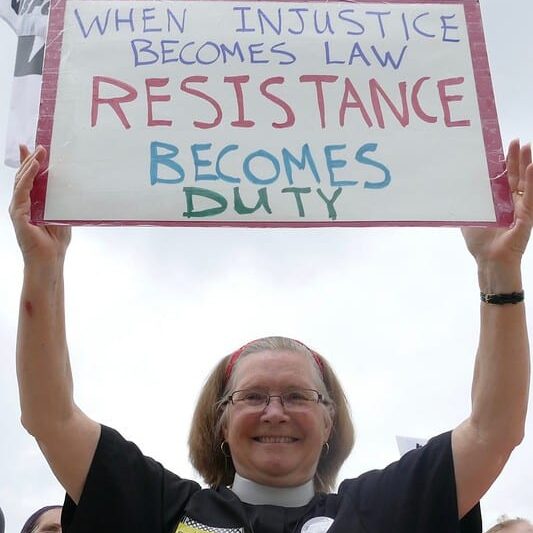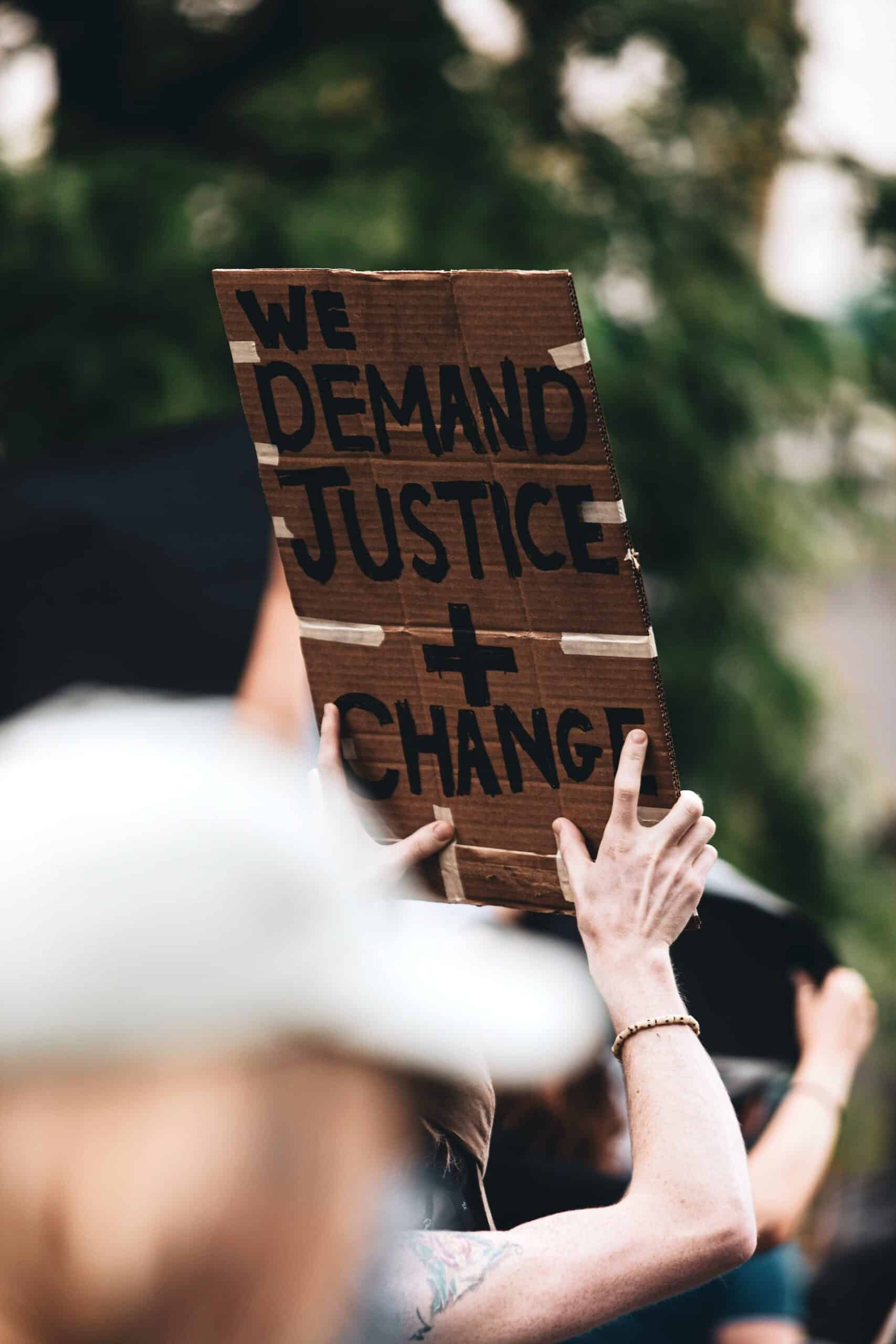Criminal Justice
Deeply connected to the dialogue about the criminal justice system and the pressing need to address the reality of mass incarceration are issues at the core of our faith tradition.
Our understandings of justice, healing, restoration, reconciliation, redemption and transformation are important spiritual resources for us as we wrestle with these issues. Indeed, as people of faith, we are called to this conversation in a significant way, on multiple levels of systemic change, public policy change and individual change. The teachings of the Gospel particularly challenge us to engage these realities in ways that take us beyond the surface and into true encounter with Jesus.
The General Synod of the United Church of Christ has established a policy base calling for reformation of the nation’s justice system, with specific attention to promoting training and rehabilitation of inmates; reduction in mass incarceration, especially through alternative sentencing; attending to race and class bias in arrests and sentencing; opposing excessive bail; opposing the growth of the prison industrial complex; and calling for increased public awareness of prison conditions. The following is a list of General Synod Resolutions and other resources that inform our work on criminal justice.
Resolutions and Resources:
- Alternatives to Incarceration for Non-Dangerous Crimes (GS 14)
- Prison Industrial Complex (GS 21)
- Call for the Abolition of the Death Penalty (GS 22)
- Juvenile Justice (GS 23)
- Dismantling the New Jim Crow (GS 30)
- Dismantling Discriminatory Systems of Mass Incarceration in the United States (GS 30)
- A Resolution to Abolish the Growth and Existence of Private Prisons (GS 32)
- A Resolution to Advocate and Act to Change the Cash Bail Bond System (GS 33)
- Resolution Condemning Prolonged Solitary Confinement As A Form of Torture (GS 34)
- Our Faith and the Criminal Justice System
- The United Church of Christ & Criminal Justice Reform – Our Historic Witness

Contact
Jessica Quinn
Washington D.C. Office of Public Policy and Advocacy
202-543-1517
UCCTakeAction@ucc.org
“In the lives and faces of those who fall into the criminal justice system, we encounter Christ. Even in the midst of profound brokenness. We are challenged to seek out the image of God in this complex and challenging context. We cannot enter the conversation at arms-length. Because we are followers of Jesus, we are called to be present as ambassadors of healing, restoration and justice in jail cells, courtrooms, booking rooms, prison yards and detention centers.”
Sandy Sorensen, Former Director of the UCC Washington D.C. Office
The United States incarcerates the most people out of any nation with nearly 2 million people currently in some form of involuntary confinement. Almost 1.8 million are held in state and federal prisons as well as local jails. The remainder are in juvenile facilities, military prisons, jails on Indian reservations, immigration detention centers and other forms of involuntary confinement. However, these numbers do not include those on probation and parole and thus do not capture the full picture. According to a March 2022 Bureau of Justice Statistics report of the correctional population, there were almost 3.9 million adults under community supervision (probation and parole) by the end of 2020.

Call on Congress to End the Torture of Solitary